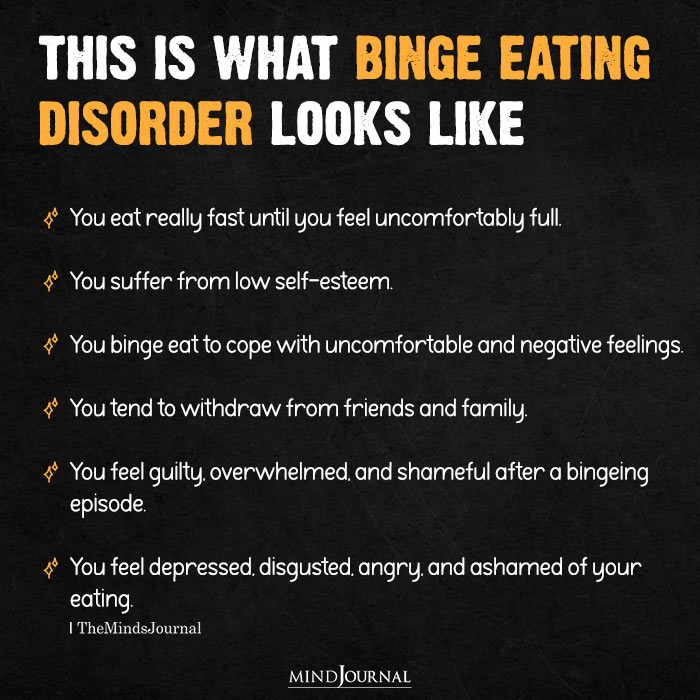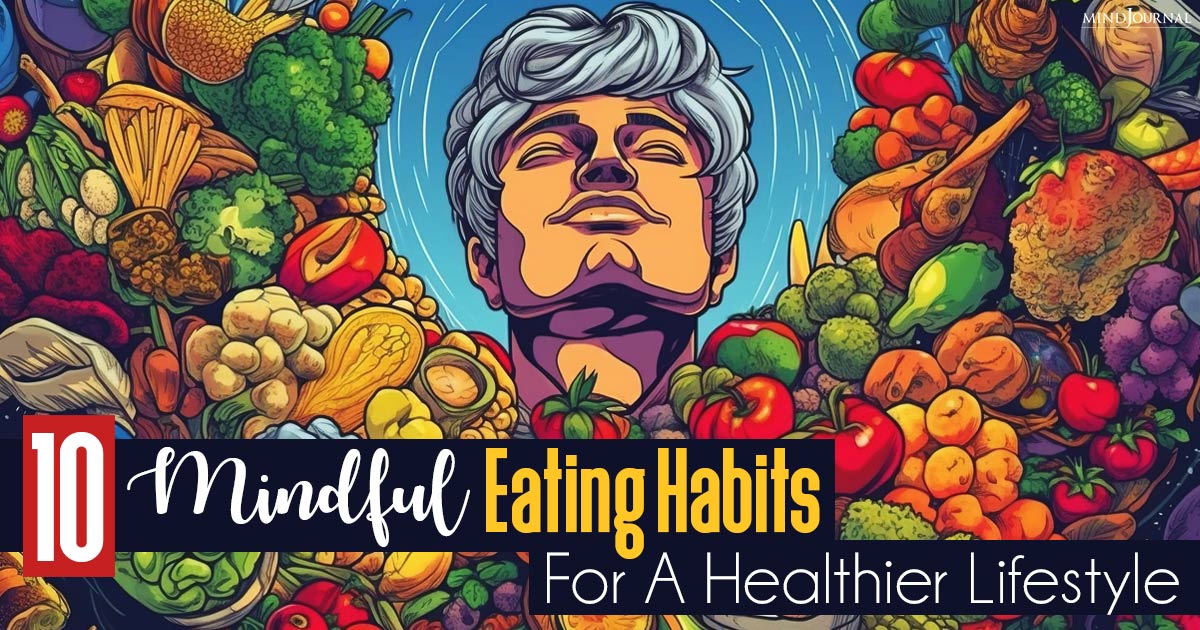Have you ever found yourself mindlessly devouring a bag of chips or indulging in a whole tub of ice cream without even realizing it? In our fast-paced and hectic lives, it’s easy to fall into the trap of binge eating. This is why it is crucial to learn how to practice mindful eating.
Mindful eating is a practice that encourages us to savor each bite, reconnect with our body’s signals, and truly appreciate the nourishment we receive. It can help you break free from this cycle and build a healthier relationship with food.
So let’s explore what is mindful eating, what are the benefits of mindful eating and how to develop mindful eating habits into your daily life.
What is Mindful Eating?
Mindful eating is the art of presence while you eat. It involves paying full attention to the experience of eating, moment by moment, without judgment. It involves bringing awareness to the physical sensations, thoughts, and emotions that arise during meals.
Instead of rushing through our meals or eating on autopilot, mindful eating invites us to slow down and engage our senses fully. By doing so, we can establish a deeper connection with our body, mind, and food.

In fact, studies have found that mindful eating can help to reduce emotional eating in patients who are overweight or have obesity. Hence, it is crucial that we know how to practice mindful eating in this day and age.
Well, now you know “what is mindful eating?”. But to truly understand the practice, we must delve into the benefits of mindful eating, how to practice mindful eating and the best mindful eating habits.
Related: 7 Ways To Stop Emotional Eating And Be Mindful Of Your Diet
Benefits of Mindful Eating
Looking to transform your relationship with food? Here are some of the incredible benefits of mindful eating that can revolutionize your approach to nourishment –
1. Enhanced Digestion
When we eat mindfully, we give our digestive system the time it needs to function optimally. By thoroughly chewing our food and allowing ourselves to fully experience the act of eating, we can improve digestion, reduce bloating, and enhance nutrient absorption.
2. Weight Management
Mindful eating helps us develop a healthier relationship with food, leading to a more balanced approach to eating. By paying attention to our body’s hunger and fullness cues, we can prevent overeating and make more conscious choices about what and how much we eat. This mindful awareness can contribute to maintaining a healthy weight.
3. Improved Satisfaction
Have you ever finished a meal and still felt unsatisfied? Mindful eating encourages us to savor each bite, fostering a greater sense of satisfaction. By focusing on the flavors, textures, and aromas of our food, we can cultivate a deeper appreciation for the nourishment it provides, leading to a more fulfilling eating experience.
4. Emotional Well-being
Our relationship with food is often intertwined with our emotions. Mindful eating helps us develop a non-judgmental attitude towards our eating habits and emotions.
By becoming more aware of emotional eating triggers, we can make conscious choices about how we respond to them, fostering emotional well-being and reducing the likelihood of using food as a coping mechanism.
5. Improved Food Choices
Mindful eating empowers us to make conscious and informed choices about the foods we consume. By paying attention to how different foods make us feel, we can gradually develop a deeper understanding of our body’s unique needs and preferences.
This awareness can lead to a natural inclination towards healthier, nutrient-dense options that support our overall well-being.
6. Heightened Mind-Body Connection
When you know “what is mindful eating?”, you realize that mindful eating nurtures a stronger connection between our mind and body. By practicing present-moment awareness during meals, we become attuned to the subtle signals our body sends us.
This heightened awareness can extend beyond mealtime and spill into other aspects of our lives, enabling us to make choices that align with our well-being in various domains.
Related: How Yoga And Mindful Eating Can Be Beneficial For You
7. Reduced Stress and Anxiety
Many of us turn to food as a source of comfort or stress relief. However, mindless eating often exacerbates emotional stress and leaves us feeling unsatisfied. Mindful eating introduces a mindful pause, allowing us to recognize and address the underlying emotions driving our eating habits.
By developing healthier coping mechanisms and finding alternative ways to manage stress, we can reduce emotional eating and foster a sense of calm and balance.

How to Practice Mindful Eating
Tired of mindlessly gobbling down your meals? Want to learn how to savor every bite and reconnect with your body through mindful eating? Here’s how to practice mindful eating and enjoy your dining experience.
1. Slow Down
In our fast-paced world, eating has become a rushed activity. To practice mindful eating, start by slowing down. Take a moment to appreciate the appearance and aroma of your food before taking the first bite. Chew slowly and savor each morsel, allowing yourself to fully experience the taste and texture.
2. Engage Your Senses
Eating is a multisensory experience, so make the most of it! Notice the colors, smells, and textures of your food. Take the time to truly taste and appreciate each bite. Engaging your senses helps bring your attention to the present moment and enhances your overall eating experience. This is how to practice mindful eating.
3. Listen to Your Body
Our bodies are remarkably wise when it comes to hunger and fullness signals. Tune in to your body’s cues and eat when you’re hungry, stopping when you’re satisfied. Avoid distractions while eating, such as watching TV or scrolling through your phone, as they can disrupt your ability to listen to your body’s natural signals.
4. Practice Non-judgment
Mindful eating is about being kind and compassionate towards yourself. Let go of judgment and guilt surrounding food choices. Instead, focus on nourishing your body and making choices that align with your overall well-being.
Remember, it’s not about perfection; it’s about progress. This is one of the best tips on how to practice mindful eating.
Related: Transform Your Relationship With Food: 3 Simple Steps For Mindful Eating All Year Long

Mindful Eating Habits
Ready to cultivate a mindful approach to food? Here are a range of mindful eating habits that can support your journey –
1. Mindful Meal Planning
When planning your meals, consider the nutritional value and how the food makes you feel. Choose a variety of nutrient-dense foods that nourish your body and support your well-being. Take time to prepare and enjoy your meals, savoring each ingredient and appreciating the effort you put into creating a nourishing plate.
2. Mindful Snacking
Snacking can often be a mindless habit. Before reaching for a snack, ask yourself if you are truly hungry or if you are seeking comfort or distraction. If you are genuinely hungry, choose a nutritious snack and eat it mindfully, paying attention to your body’s cues of satisfaction.
3. Mindful Portion Control
Portion sizes in today’s world have become larger than necessary. Practice portion control by using smaller plates and bowls, and be mindful of portion sizes when eating out. Listen to your body’s signals of fullness and avoid overeating.
4. Cultivate Gratitude
Express gratitude for the food on your plate and the nourishment it provides. Take a moment before or after your meal to reflect on the abundance of food available to you and the effort that went into its production.
Cultivating a sense of gratitude can deepen your connection with your food and foster a more mindful eating experience. This is one of the simplest tips on how to practice mindful eating.
5. Minimize Distractions
Create a calm and distraction-free environment during meals. Turn off the TV, put away your phone, and focus solely on your food. By eliminating distractions, you can fully engage with the act of eating and be present in the moment.
6. Practice Mindful Cooking
Extend mindfulness to the preparation of your meals. Engage all your senses as you chop, stir, and cook. Pay attention to the colors, smells, and textures of the ingredients. Cooking mindfully can not only enhance the flavor of your meals but also bring a sense of joy and creativity to the process.
7. Seek Support
Incorporating mindful eating into your lifestyle can be a journey, and it’s helpful to have support along the way. Consider joining a mindful eating group or seeking guidance from a registered dietitian or therapist specializing in this area. Connecting with others who share your goals can provide accountability and encouragement.
8. Mindful Grocery Shopping
Mindful eating begins with mindful grocery shopping. Before heading to the supermarket, create a shopping list that includes a variety of fresh produce, whole grains, lean proteins, and healthy fats.
While shopping, take the time to read labels, compare options, and choose foods that align with your health goals. Practice mindfulness by being present and engaged throughout the shopping experience.
9. Mindful Eating Rituals
Establishing mindful eating rituals can enhance the overall experience of meals. Consider creating a peaceful ambiance by lighting a candle or playing soothing music. Set the table with care, using beautiful dishes and utensils.
Take a moment before eating to express gratitude or say a few words of reflection. These rituals help create a mindful atmosphere and foster a deeper appreciation for the nourishment we receive.
10. Mindful Drinking
Mindful eating isn’t limited to solid foods—it also extends to beverages. Whether it’s water, tea, or a smoothie, practice mindful drinking by paying attention to the taste, temperature, and sensations as you consume your drink.
Slow down, take small sips, and savor the flavors. Avoid mindlessly chugging beverages or using them as a means to distract yourself from emotions or hunger.

Learning how to practice mindful eating and embracing mindful eating habits can bring about profound changes in how we relate to food, our bodies, and our overall well-being. By practicing present-moment awareness, engaging our senses, and listening to our body’s cues, we can cultivate a healthier and more mindful approach to nourishing ourselves.
Related: Mindful Eating: Breaking the Emotional Cycle
Takeaway
Mindful eating is a powerful practice that can transform your relationship with food and bring greater awareness to your overall well-being. The benefits of mindful eating extend beyond the physical realm, touching upon emotional well-being, stress reduction, and enhanced self-awareness.
By cultivating mindful eating habits, you can nourish your body and soul, enhance digestion, manage your weight, and find greater satisfaction in your meals. Through small, consistent steps and a compassionate mindset, you can embark on a transformative journey towards a more balanced and fulfilling relationship with food.
Remember, mindful eating is a practice – a lifelong exploration that invites you to savor each bite and embrace the nourishment that flows through your body and soul. Start small, be patient with yourself, and watch as mindful eating becomes a natural and enjoyable part of your life.
Bon appétit!
Frequently Asked Questions (FAQs):
What should I eat for mindful eating?
Choose whole, unprocessed foods that nourish your body, such as fresh fruits, vegetables, whole grains, and lean proteins.
How do you cultivate mindful eating?
Cultivate mindful eating by slowing down, engaging your senses, and paying attention to the taste, texture, and satisfaction of each bite.
How to eat mindfully alone?
Create a peaceful environment, eliminate distractions, and focus on the sensory experience of eating to practice mindful eating alone.









Leave a Reply
You must be logged in to post a comment.